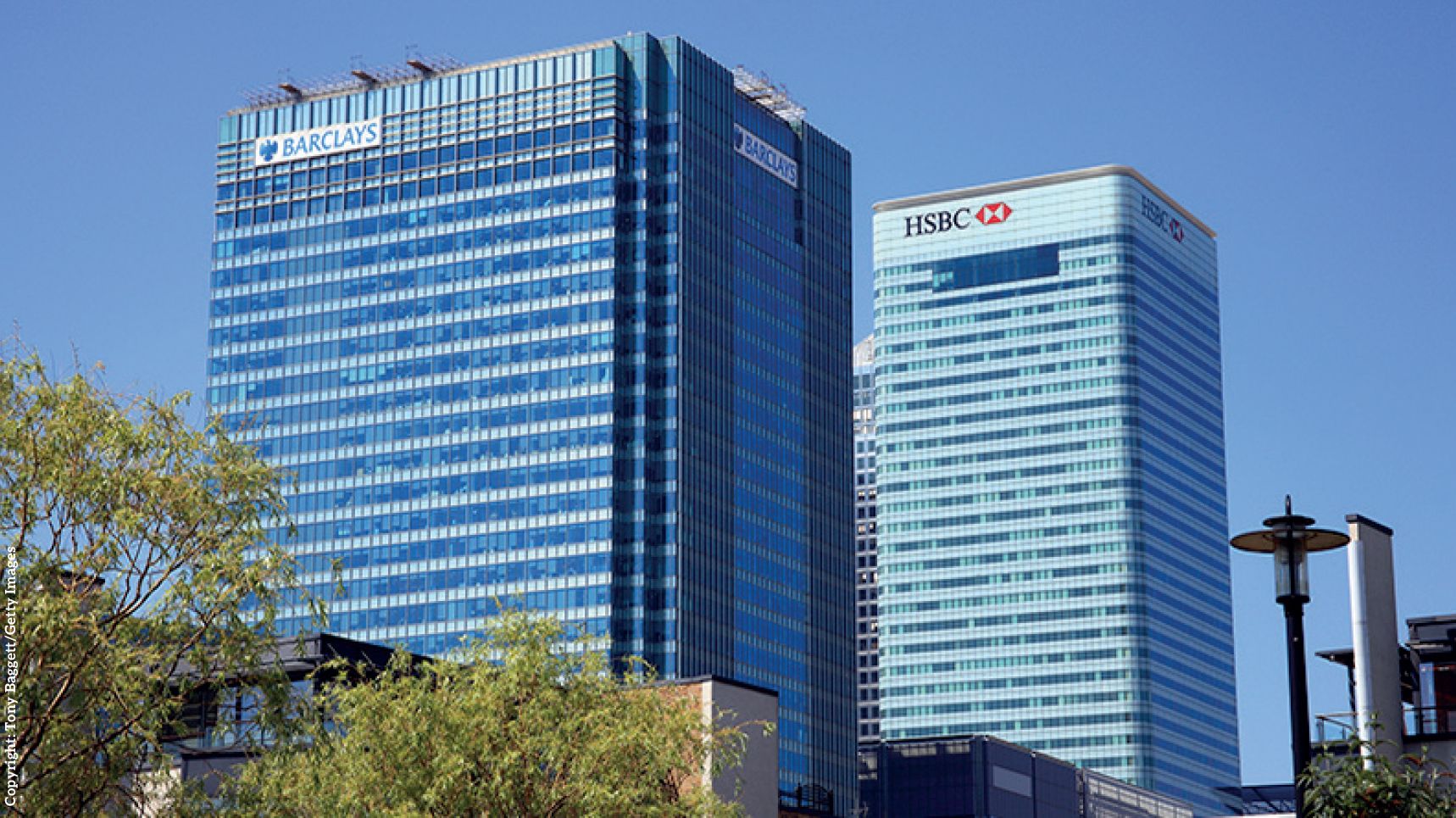Europe’s 20 largest banks suffer from “low ambition” and “incoherent climate targets”, meaning they’re unlikely to succeed in shifting enough financing away from fossil fuels and towards renewable power and green infrastructure at scale, the latest ShareAction report has revealed.
The research, which analysed both targets for reducing emissions from financing activities and targets for increasing sustainable finance, found overall banks’ decarbonisation targets are too narrow, their sustainable finance targets are not rooted in robust methodology and they are not sufficiently aligned with one another. According to ShareAction, this makes it difficult for the public, regulators and investors to judge the real impact of banks’ climate action efforts and be able to hold them to account.
As many as 18 out of the 20 banks, including HSBC, Barclays, and BNP Paribas, are not on track to meet the $10 to $1 ratio of green investment to fossil fuel investment that the International Energy Agency says is needed by 2030. Based on their sustainable finance targets, only NatWest and Nordea were identified as being expected to meet this milestone.
Therefore, ShareAction said it would write to the CEOs of each bank with recommendations about how they can set effective climate targets to help them reach their net-zero goals. In particular, it will urge banks to set sector-specific targets around sustainable finance grounded in science.
Xavier Lerin, senior research manager at ShareAction, said: “Europe’s biggest banks have a vital role to play in financing the transition to a low-carbon economy, such as scaling up renewable energy, making real estate energy efficient and supporting important industries to decarbonise.
“However, our analysis shows that in the majority of cases, the climate targets banks are using as a roadmap to transition are not fit for purpose, which is putting at risk our ability to protect society from the worst impacts of climate change.
“We urgently need banks to set more ambitious and coherent targets that transparently map out how they will live up to their commitment to finance the renewable power, green infrastructure and technologies needed to protect people and our economies.”
Other findings
The report also found that some of the most ambitious-sounding green finance targets are, in reality, very small relative to a bank’s size. HSBC’s goal of up to $1trn towards sustainable investment by 2030 accounts for just 1.8% of its total assets, whilst Barclays’ is just 3.2% of its total assets.
HSBC is one of five banks (including BBVA, CaixaBank Group, Commerzbank and Deutsche Bank) to have set sustainable finance targets that cover both banking and asset management activities, but keep these activities separate in their decarbonisation targets. Banks set decarbonisation targets over five years and sustainable finance targets over 10 years, on average.
Additionally, while all 20 banks have set at least one sectoral-specific decarbonisation target, only nine have also set one for sustainable finance that clearly illustrates how they are funding sectors that are crucial to a successful transition, such as renewable power and green technologies.
Banks also rarely provide a breakdown for how much sustainable financing they provide to these sectors, and, while almost all decarbonisation targets by banks are based on a clear methodology, just 13% of sustainable targets are backed by a transparent, public methodology.








